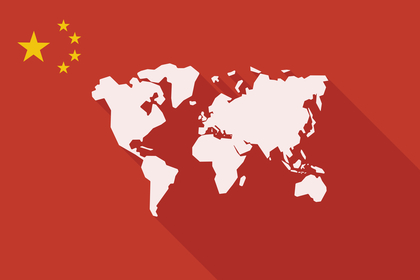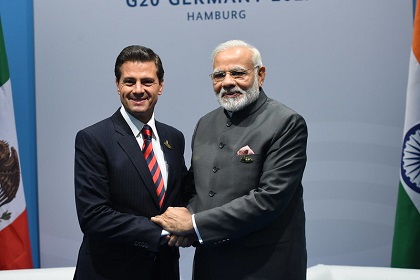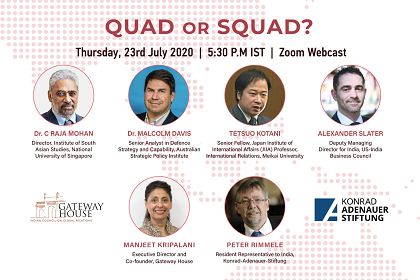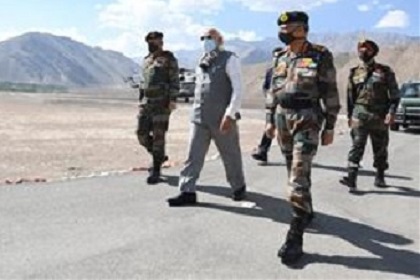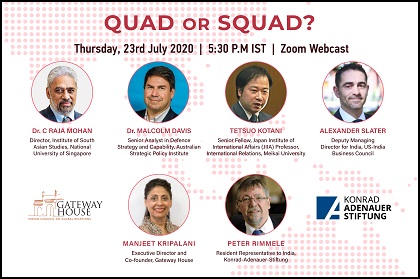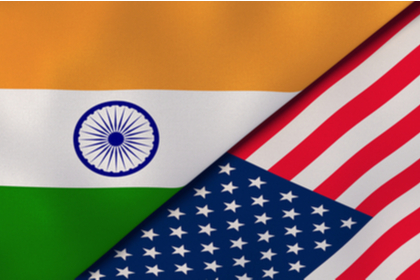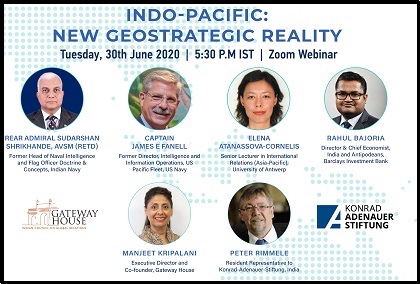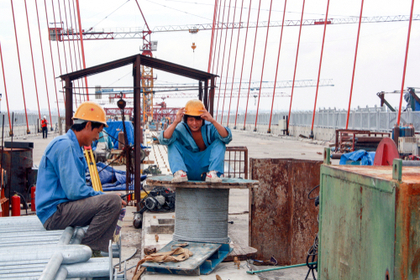China’s Global Push: is a backlash building?
The Covid-19 pandemic has accelerated geopolitical changes. Countries around the world are becoming increasingly concerned about the nature of China’s global advances. China, at the urging of President Xi Jinping, is pursuing technological goals and investment programs to build a China-centric global model, not to mention its militarization of the South China Sea and its clampdown on Hong Kong.

